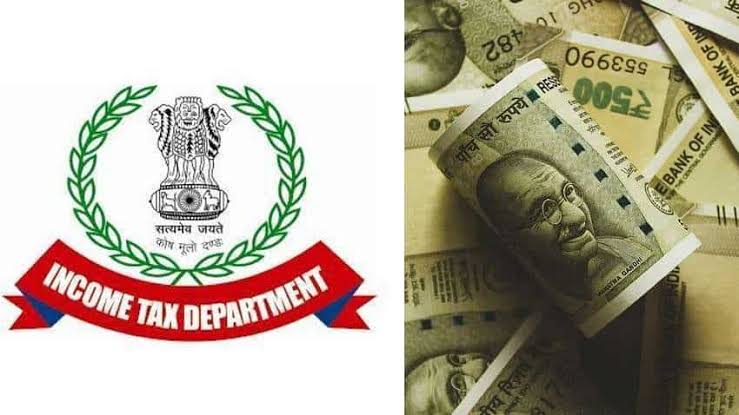Beware: Transactions that may trigger an Income Tax notice

Representational pic
As the new financial year approaches, the Income Tax Department is intensifying its scrutiny of taxpayers, both small and large. Engaging in certain transactions, whether online or offline, could lead to an income tax notice being issued. In this article, we explore the limits imposed on various transactions and when the Income Tax Department might come knocking on your door.
1. Depositing Cash into Bank Account:
Central Board of Direct Taxes (CBDT) rules mandate reporting to the Income Tax Department if an individual deposits Rs 10 lakh or more in cash within a financial year. This report is compulsory when the money is deposited across one or more accounts. Exceeding this prescribed limit might prompt the Income Tax Department to inquire about the source of the deposited cash, even if it is in fixed deposits.
2. Buying Shares, Mutual Funds, Debentures, or Bonds:
Investing in financial instruments such as shares, mutual funds, debentures, or bonds is common. However, using significant amounts of cash for transactions exceeding Rs 10 lakh alerts the Income Tax Department. Such transactions trigger the department’s attention, leading to inquiries about the source of the funds involved.
3. Property Transactions:
Large transactions in real estate, especially cash dealings of Rs 30 lakh or more, can draw the scrutiny of the Income Tax Department. Even if property registrars inform the department about such transactions, further investigations may be initiated, necessitating explanations regarding the source of funds.
4. Credit Card Bill Payment:
While credit card usage is widespread, paying a monthly bill exceeding one lakh rupees in cash could invite inquiries from the Income Tax Department. Additionally, if cumulative payments of Rs 10 lakh or more are made through any means, online or offline, within a financial year, further investigations may be triggered.
As the Income Tax Department tightens its grip on tax evasion, individuals are advised to be cautious with transactions exceeding the specified limits. Awareness of these limits can help avoid unexpected income tax notices and ensure compliance with regulations.







